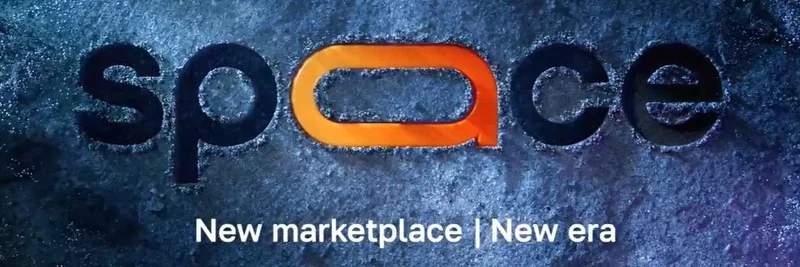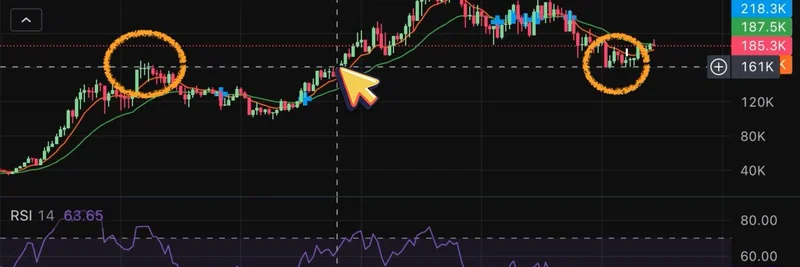In a recent episode of the Lightspeed podcast, Austin Federa, head of strategy at the Solana Foundation, delved into the transformative potential of Solana's multiple concurrent leaders (MCL) feature. This innovation is poised to redefine the landscape of blockchain trading by enhancing its permissionless nature and efficiency.
Federa began by highlighting a fundamental difference between traditional finance (TradFi) and blockchain systems. "It is unfair in TradFi because TradFi is fundamentally a permissioned architecture and a permissions system," he explained. This centralized control contrasts sharply with the decentralized, permissionless nature of blockchain technology, which allows anyone to participate without needing approval.
The core of Federa's discussion revolved around how MCL addresses timing advantages in blockchain networks. By distributing block producers globally, Solana mitigates issues related to centralized control and single points of failure. "The way you address this though is you have leaders moving all around the world in multiple concurrent leaders," Federa stated, emphasizing the global distribution of these leaders.
This approach not only enhances security but also democratizes access to trading. Federa pointed out that in a permissionless blockchain like Solana, starting a proprietary trading firm doesn't require the same level of relationships and approvals as in traditional systems. "If I'm starting a prop trading firm, I still need relationships and I need approval and I need all these things to actually get a box at an exchange," he said. However, on Solana or any other permissionless blockchain, these barriers are significantly reduced.
Federa's insights underscore the power of blockchains in leveraging human greed for positive outcomes. "We're weaponizing greed to produce positive sum outcomes," he remarked, encapsulating the core philosophy of blockchain technology. This philosophy, he argued, is the truest expression of blockchain's potential since the advent of Bitcoin.
The discussion also touched on the broader implications for the blockchain industry. Federa's vision for Solana includes not just technical advancements but also a shift towards greater user adoption and flexibility. As Solana continues to evolve, these principles are expected to shape the future of the network and the broader blockchain ecosystem.
For those interested in the technical details, Solana's MCL feature is part of a larger strategy to maintain decentralization and permissionlessness while scaling the network. This is crucial for applications in decentralized finance (DeFi) and other areas where trustless, efficient transactions are paramount.
In conclusion, Austin Federa's insights on Solana's multiple concurrent leaders offer a glimpse into a future where blockchain trading is more accessible, secure, and efficient. As the technology matures, it will be exciting to see how these developments unfold and influence the broader cryptocurrency landscape.




